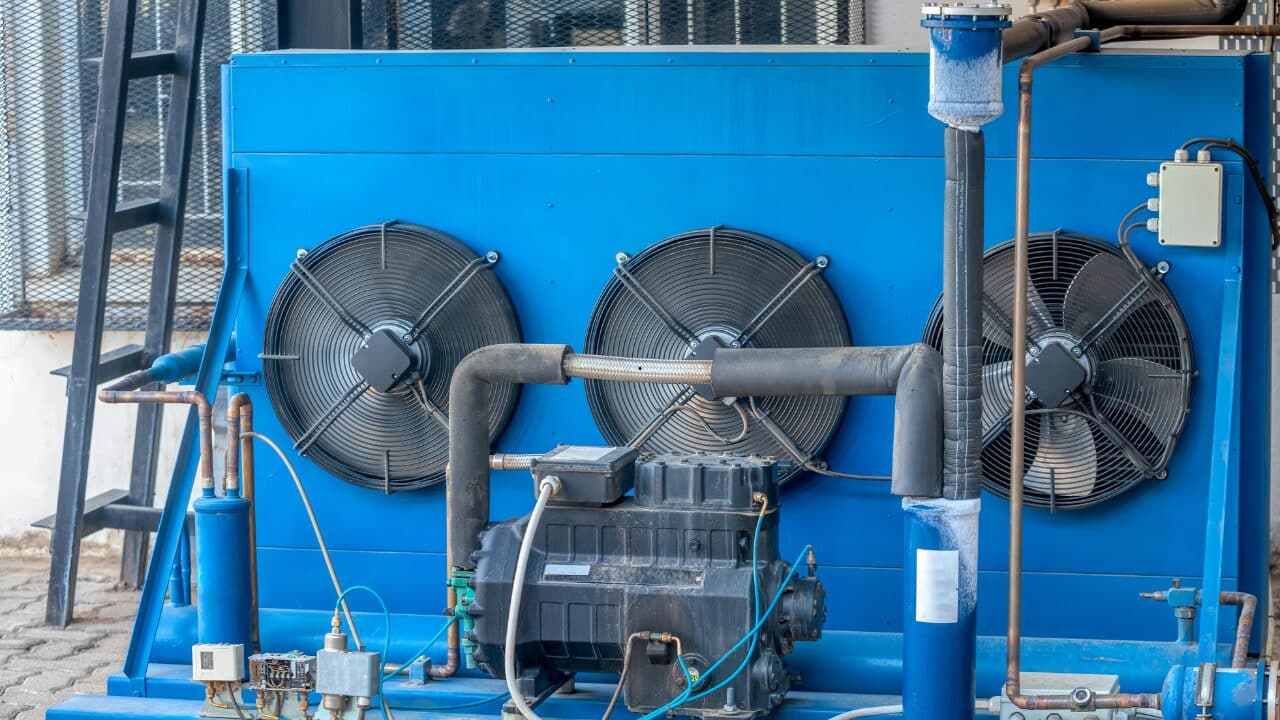Selecting the ideal make and model of hot water system for your Australian property is a decision that transcends mere functionality, especially because it is a pivotal choice that can have a significant influence on your home’s efficiency, sustainability and overall comfort level.
Indeed, Australia’s vast and diverse landscapes, spanning from the tropical northern regions to the temperate south, necessitate a careful consideration of several factors when you want to install a hot water system.
As a result, you should continue reading this insightful article if you want to embark on a journey to explore the nuanced aspects of choosing the optimal hot water system for your Australian Property.
The article will educate you about the realms of energy efficiency, environmental impact, regional suitability and individual household needs that you can use to guide you towards a choice that aligns seamlessly with your unique heating requirements.
- Understand the Australian context when selecting a water heater
- Assess the energy efficiency of any potential heater
- Consider your household needs before making a final decision
- Climate considerations
Table of Contents
a. Understand the Australian context
Australia’s climatic diversity and geographical expanse demand a particular approach to hot water systems.
The primary options that are available for consideration are solar, gas, electric and heat pump systems. By harnessing the sun’s energy to heat water, solar systems stand as an eco-friendly choice for Australians, while this system is best suited for regions with ample sunlight, such as Queensland and Western Australia, especially because these systems offer long-term savings despite higher initial costs.
The government incentives available can also make Aquamax hot water systems a financially prudent choice over time. In addition, operating with a gas burner, gas heating systems provide an efficient and continuous supply of hot water while they are suitable for all Australian climates and are particularly advantageous in areas with access to natural gas.
Using electricity to heat an element within the tank, electric water heater systems are straightforward and cost-effective initially while they are ideal for areas without access to natural gas. Operating in a similar way to a reverse fridge, heat pumps extract warmth from the air to heat water.
These systems are ideal for moderate climates and areas with limited roof space, while these systems may have higher upfront costs.
However, you must be aware that their great energy efficiency and long-term savings make them a compelling option for the environmentally conscious Australian homeowner.
b. Assess energy efficiency
In the modern era where environmental sustainability is at the forefront of societal concerns around the world, the energy efficiency of your chosen hot water system is of paramount importance. As a result, you should be aware to look for systems with high energy efficiency ratings, often denoted by the Energy Star label.
Moreover, solar and heat pump systems tend to be more environmentally friendly, emitting fewer greenhouse gases and contributing to a reduced carbon footprint for your property.
While the initial costs of these systems may be higher, the long-term environmental and financial benefits make them a sound investment for those people who are committed to sustainable living in Australia.
c. Consider your household needs
In addition, understanding the specific hot water requirements of your household is imperative whenever you are making an informed decision about which type of hot water heating system would be right for your property.
You must consider factors such as the number of occupants, the frequency of hot water usage and the size of your property while if you have a large family or a home with a high demand for hot water, then you may benefit from gas or solar systems, which provide a continuous and ample supply of hot water.
On the other hand, smaller households might find that electric or heat pump systems are sufficient for their daily needs.
d. Climate considerations
Finally, Australia’s climatic diversity dictates that not all hot water systems are equally suitable for every region of the country. For example, solar systems thrive in sun-drenched areas of the country such as Queensland or Western Australia, making them an excellent choice for these regions which experience abundant sunlight throughout the year.
Likewise, heat pumps, with their reliance on ambient air temperature, may be more efficient in moderate climates while gas and electric systems, versatile in all conditions, remain a reliable choice across the country.
Therefore, after all is said and done, choosing the right type of hot water system for your Australian property is a multifaceted decision that demands careful consideration of several factors. Beyond the immediate comfort that hot water can provide, your choice can contribute to sustainability, environmental responsibility and long-term cost savings.
By evaluating the unique climate of the region of Australia in which you live, understanding the energy efficiency of different systems and aligning them with your household’s specific needs, you will be able to navigate the diverse landscape of hot water system options with confidence.





